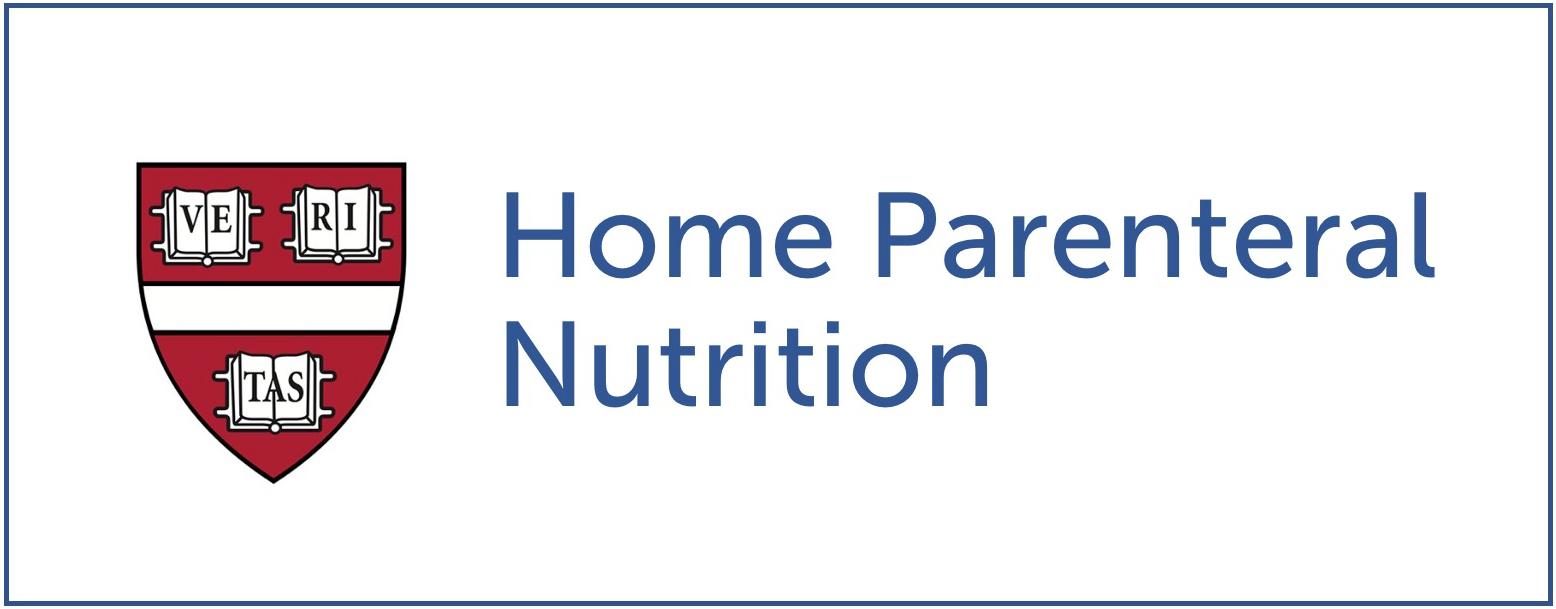
Coping can occur in a variety of styles.
- Family members at different developmental stages.
- Previous context and history with illness.
- Grieving loss of anticipated childhood (without illness).
- Ambivalence between craving choices and craving guidance.
- Coping with diagnosis can often mirror grief cycle.
Kübler-Ross, E. (1969) On Death and Dying. New York: Macmillan Publishing Company.
SOCIAL MEDIA

Chronic illness has multiple impacts on a family:
- Helplessness
- Powerlessness
- Anger
- Financial stress
- Changes in role
- Marital stress
- Mourning present and future losses
- Varying and conflicting coping styles
Fears nearly always present amidst medical diagnosis:
- Loss of control
- Loss of self-image
- Dependence
- Sigma
- Abandonment
- Expressing anger (Power dynamic)
- Isolation
- Death
Pollin, Irene; Kanaan, Susan Baird. (1995) Medical Crisis Counseling: Short-Term Therapy for Long-term Illness. New York: W W Norton & Co.
Coping with new diagnosis mirrors grief from death.
Often family members pass through same 5 stages of grief:
- denial,
- anger,
- bargaining,
- depression
- acceptance
Denial
Home parenteral nutition dependence results from a traumatic diagnosis
- Providers more quickly accept the underlying diagnosis than family member.
- Patients and families need time to go through natural process of grieving.
- During first stage of denial, families believe diagnosis is mistaken, cling to an alternate reality.
Anger
Natural, adaptive response to threats (internal or external). It’s expressed with aggression.
- Patients and families have lots of reasons to feel angry.
- Anger is either expressed, suppressed or calmed down – too much or too little of any of these will cause interpersonal problems.
- Anger needs an outlet.
Anxiety, Depression and post-traumatic stress disorder
- patients and caretakers with chronic illness have significant risk.
-
HPN team must focus on both mental and physical well-being. They are inter-related.
-
Despite challenging circumstances, team can help families discover joy and meaning in their new lifestyle.
-
Providers should have a low threshold for screening patients and caregivers for mental health issues, and providing professional referrals as appropriate. Sometimes only temporary counseling is needed.
Fatigue
- common symptom experienced by patients & caregivers with home parenteral nutrition.
-
Fatigue is common to many other chronic diseases, including underlying illnesses leading to HPN dependence like chronic diarrhea, cancer and inflammatory bowel disease.
-
Fatigue leads to functional impairments and low sense of control.
-
By acknowledging the presence of fatigue, patients and caregivers can find ways to address it.
-
HPN team can look for ways to modify therapy to improve sleep hygiene.
Self-efficacy
-
Confidence in the ability to perform specific health behaviors in a variety of situations.
-
HPN is complex therapy to administer with steep learning curve.
-
Learning opportunities present themselves over time when overcoming challenges.
-
In the setting of HPN complications, caregivers and providers may develop doubts about self-efficacy.
Social support
- Minimizing stress by letting go of unnecessary obligations. It’s natural to resist change, even when unnecessary routines are self-distructive.
- Help family to identify strong social support networks they can rely on. Sometimes in adulthood these networks are only temporary.
- Illness can be a stress for an entire family. Helpful to acknowledge how stress is affecting family members in different ways.
- Couples experience strain on their relationships. Helpful to acknowledge individuals and the relationship as two separate things.
Motivational Interviewing
- Motivational interviewing is a counseling style based on the following assumptions:
- Ambivalence about change is normal & constitutes an important motivational obstacle.
- Ambivalence can be resolved by working with your patient’s intrinsic motivations & values. Developing awareness of discrepancies.
- Alliance between you & your patient is a collaborative partnership to which you each bring important expertise.
- Empathic, supportive, yet directive, counseling style provides conditions under which change can occur. Arguments are counterproductive.
https://www.youtube.com/watch?v=s3MCJZ7OGRk
Click here for related Clinical Vignette
With difficult families, dysfunctional behavior has a functional purpose.
Accept the patient, not the behavior.
- Acceptance means acknowledging the patient as a person of worth.
- It is not their choice to be a patient family. It is my choice to be a healthcare provider.
Active listening
- 80% of communication is non-verbal.
- It takes two parties to battle.
- Invite open-ended narrative and history-taking.
- Try to understand what the family is trying to achieve ultimately.
Thank you Janis Arnold in sharing your sage wisdom with us and our patients.
Transition
From Home Parenteral Nutrition at Boston Children's Hospital Facebook Program Group December 23, 2017: https://www.facebook.com/groups/HPNBostonChildrens/permalink/75311449156...
"Wonderful to see HPN families' perspective in #Transition poll. HPN providers in adult medical systems are better suited in the long run to treat Adults on HPN. Adult providers more familiar w/ pregnancy, ferticility, ongoing cancer surveillance, & common adult health problems. Grateful HPN families so happy @ Boston Children's Hospital HPN providers feel bery attached to our patients & families (and will miss them), & we wish them very best care all lifelong."

